Abdul Rahman Hanged defeating and enslaving Hazaras as a medal of honor on his chest
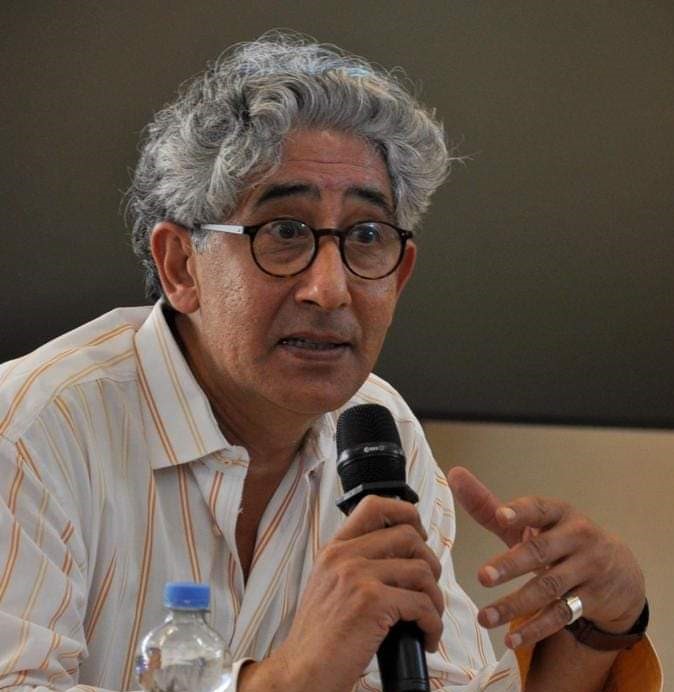 By: Dehqan Zahma, Writer and Sociologist
By: Dehqan Zahma, Writer and Sociologist
Translated by: Mohammad Rezaie
Historian: It is now clear Abdul Rahman had massacred Hazaras. According to the testimony of Faiz Mohammad Kateb, who has written his works under supervision of Abdul Rahman, It is likely more than 60 percent of Hazaras were massacred during his reign. Abdul Rahman’s claims in Taj al Tawarikh is contradicting. On one side he calls Hazaras as brave and hardworking people, on the other hand he called them as load carrying donkey. It is not clear what he wants to say by such controversial claims. But he was very smart. It said he was the author of “Taj al Tawarikh”.
Ordinary man: Well, it is common in Afghanistan to say jokes about other ethnic groups; Giant Pashtun, Donkey Hazara, Raw Head Uzbek “” and so on.
Historian: Yes, I think the book has originally been written in English. It is important that Abdul Rahman has confirmed that work and dedicated it to his name. It is true we have jokes about each ethnic group, but Hazaras neem humiliated more than other ethnic groups.
Observer: Yes, based on this we better note that saying jokes about those social groups who have been oppressed is far different from those ones who have ruled the people. But, dear teacher, I asked you this because I assume no social group is “noble” or “hardworking.”
Historian: Hazaras are hardworking, because they did work as a porter, but they did not beg and do not do so.
Ordinary man: I Knew a Hazara intellectual when I was a youngster. I told him the same thing. Did you know what he said? He said: If Hazaras beg, no one in Kabul will give them charity. They are forced to work. He told me this in Dawood’s ear. I was shocked.
Observer: Abdul Rahman Hanged defeating and enslaving Hazaras as a medal of honor on his chest. In the history, any conqueror has claimed they had defeated the warrior and courageous tribes. Bias is not only negative, but there is also positive bias.
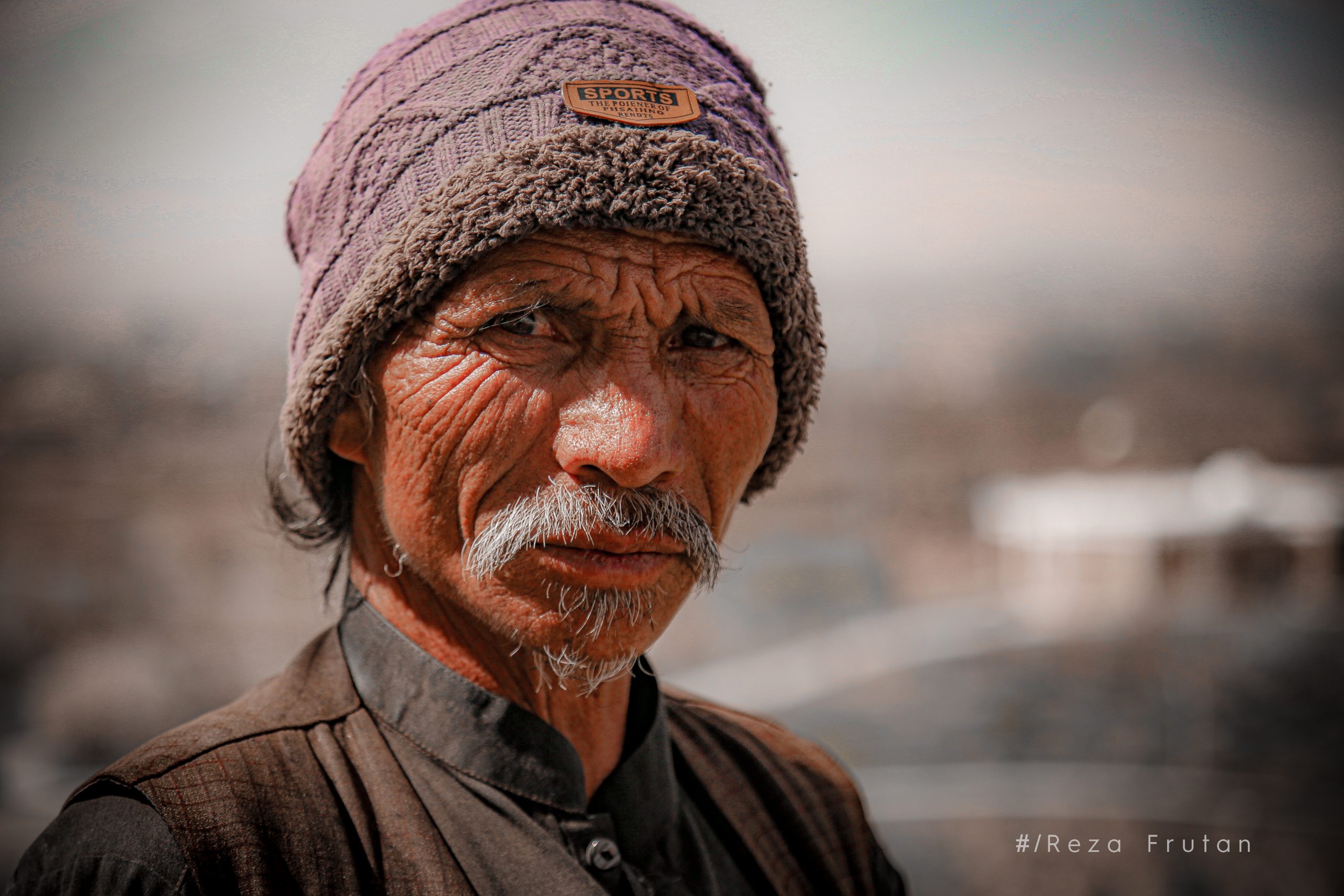
Ordinary man: Amazing! Negative and positive bias. What do you mean by this?
Observer: Negative bias is not covered, but positive bias is. For example, All Turks in Germany sell Kabab, so they are lovely and hardworking. Does this reflect the social reality of Turks in Germany? Don’t such perceptions show positive bias? Abdul Rahman did not say he forced Hazaras to work as load carrying donkeys, but he said they had been created for such tasks.
Ordinary man: Very interesting. I just remembered another joke. “If Hazaras take power, they will shove the donkey upside down.”
Observer: Yes, we should take jokes very seriously. Because they show prejudgments. This joke shows the troubled conscious and fear of the majority ruling class. They know what exactly had happened on Hazaras and they fear if Hazaras take the power, they will do with the majority ruling class the same as they did with Hazaras. Let’s continue talking about Abdul Rahman’s ear.
Historian: well, we know that “Iron man” committed great crimes against Hazaras. He preferred to cooperate with England and secured the Britain interests at the foundations of Hindukush mountain. Nader followed the same policy and it continued until the end of King Zaher Shah.
Observer: I read a book recently that says it is necessary to isolate and suppress an element in order to assimilate a community. Hazaras resisted against Kabul for their relative independence and economic interests. They only concluded they had a shared fate when they were suppressed and massacred. Before they were suppressed, Hazaras were scattered communities, and associated themselves with their villages and valleys. It was after the massacre, Hazaras associated themselves as Hazaras. Do you pay attention? Of course, Abdul Rahman also killed the Pashtuns, but he did not make them slaves. Enslaved by the ruling class, Hazaras social positioning was verified by them. Abdul Rahman Abdul Rahman left a scar on the forehead of Hazaras that will not be erased even in the future. You see, you have to pay a high price to be part of the state.
Ordinary Man: Believe me or not, I heard Ashraf Ghani and Karzai, saying: Hazras are Occupying Kabul completely, and they don’t give in to anyone.
Historian: Yes, Hazars have many journalists, poets, writers now. Hey shone brightly for a while. I participated in the Enlightenment demonstrations once. I participated in some meetings of them and notice they were very divided. I noticed they agreed to disagree. Worse than this, some of the leaders of the Enlightenment Movement were not honest. What shall I say? I was very disappointed.
Observer: After the struggles and pretending to struggle, it was discovered they had connections with suspicious organizations; they obviously betrayed. Being an intellectual and working with a spy agency is contradicting. Maybe someone says, it is not up to me. I say it is, because it is not a personal issue.
Historian: I am reading these days a book by Jalal Ale Ahmad, “On the Service and Betray of Intellectuals.” Intellectual and political elites have always betrayed. Ordinary people can’t betray. But Hazaras have been suppressed and they should have learnt from it.
Observer: Yes, they should have learnt, but didn’t. Hazara should have noticed their internal differences in order each head of tribe had not ride on their shoulders. Experience of oppression should have been the circle of their unity and not false blood and racial bonds. Only this could ensure emancipation of the whole society of injustice and inequality. But I would like to say once more: So far, experience have saved no one. Experience saves one only when it is accompanied with knowledge and reflection. You see the experience of oppression has not saved Hazaras yet. We are going away from the topic, but I must say I know Hzaras who do not forgive Khaled hossayni for his novel.
To be continued …

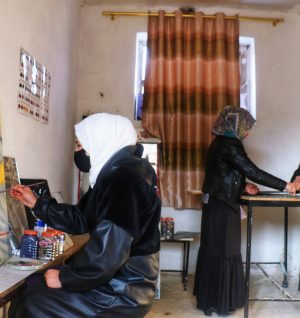
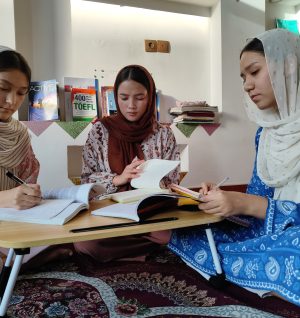
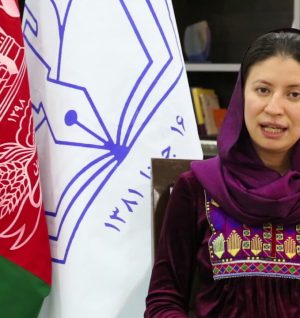

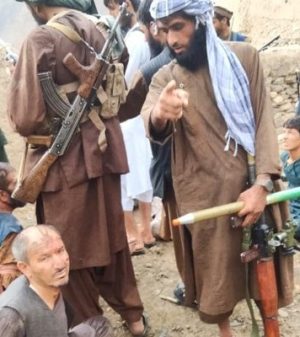
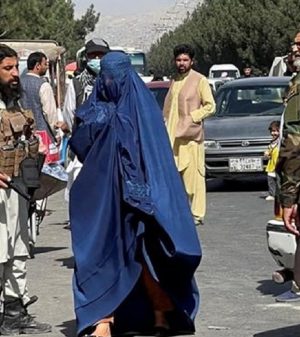
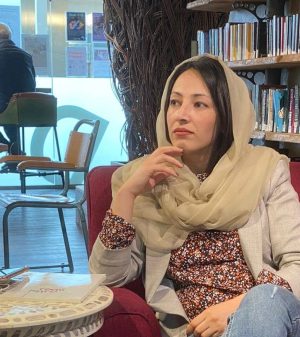
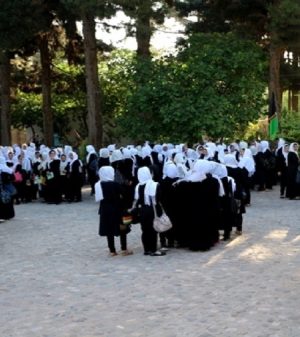
Add Comment